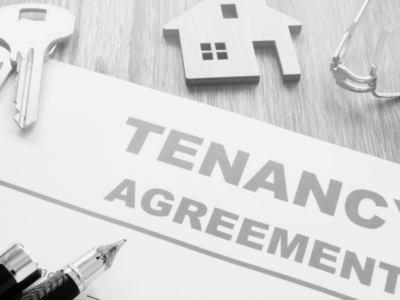Coronavirus has the Conservatives on course to outdo even Jeremy Corbyn when it comes to meddling with the economy. In fact, it is hard to think of a time since the Second World War when the British state has intervened so directly into the workings of our economy and everyday lives. Rail has essentially been nationalised for the next half-a-year, the Treasury has promised to pay the bulk of people’s salaries to prevent mass unemployment while banks have been ordered to offer mortgage holidays to homeowners to help with personal finances in the short-term.
It is a topsy-turvy world we now live in. Governments across the board are effectively forcing the global economy into a recession in order to try and stop a pandemic from spreading further, while promising nearly endless cash to fight the effects of the downturn they’ve created.
Except for maybe the Black Death or Spanish Flu after the First World War, it is difficult to think of a comparable event in history. So for investors, the hunt is now on for assets where they can protect value and find some certainty.
Global stock markets have proven something of a rollercoaster while the UK government sold its first ever negative yielding bond, meaning investors are paying to hold UK sovereign debt.
What does that leave for investors then? Well, if you’re a client of Goldman Sachs, the clue is in the name.
The investment bank said back in March, when the scale of the pandemic was becoming clear, now is the time to buy gold, which is widely considered the currency of last resort. Goldman predicts that gold is at an inflection point, and that its price might hit $1800 over the next 12 months, just below its record high of $1900 in 2011.
There may be some bitcoin enthusiasts shaking their heads in front of their 16 trading screens. But in times of crisis, people want comfort. Just as many are cooking childhood favourites at home to lift their spirits during the lockdown, investors are craving assets that they are familiar with and know are safe.
So, Goldman is absolutely correct to argue gold is a good bet right now. But not all the money in the world can be allocated to the yellow metal. Other safe havens are needed. If you’re reading this in London, one could be found literally on your doorstep.
A recent Knight Frank analysis found prime central property in the capital to be the best performing asset of the past 25 years, beating even gold. Prime real estate in central London ticks many of the same boxes as gold, being a status symbol as much as an investment.
However, real estate’s main attractiveness – especially in places like London – stems from the promise of capital growth driven by demand outstripping supply, with more buyers than available properties. For cities particularly, this is amplified as they typically have the best job opportunities, so people will always want to live there. And for prime London property, those fundamentals hold even truer.
International investors see the capital as a safe haven thanks to the UK’s transparent legal system and strong tradition of rule of law. That helps explain why there are still major deals being done, such as the sale of the Ritz hotel to an unnamed Qatari purchaser.
Others, including many domestic buyers, simply want the London lifestyle.
During a crisis, you want to hold assets that have strong fundamentals as not only will they hold value better than others but once the recovery starts, they will also be the first ones to claw back any value lost.
Certainly, London’s employment opportunities, rich culture and leisure scenes and world-class schools and universities will continue to draw wealthy buyers from across the world, making prime London property a simple play to see you through this crisis and beyond.
Dean Clifford is co-founder of developer Great Marlborough Estates.






















London’s population declined from 1945 until around the 1990s.
So betting on London continuing to grow, while based on recent history makes sense, is potentially risky. More people leave London leave than arrive, internally. It’s been this way for years now. If immigration collapses (it probably already has) then London quickly could start stagnating in populations terms.
If a lot of office workers stay at home semi permanently that will have a big effect on many workers working in hospitality and related industries, many Londoners might find they don’t have jobs to go back too.
If the super rich continue to bid up prime property prices in cities the prices will stay buoyant, I’m sure. Although politically, I think there is going to be greater headwinds facing people buying high value properties.